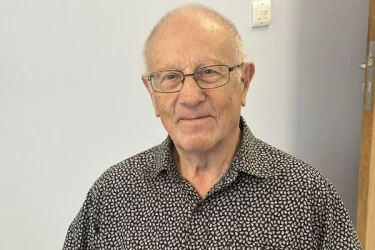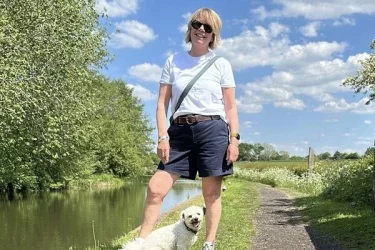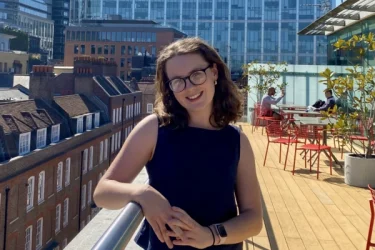Error: This post has no Google Maps address set.
Check if this post can have an address, and then set one.
On-site parking is free of charge for patients and visitors but parking is limited. For patients with disabilities, there is a disabled car park at the front of the hospital near the main entrance.
We have free Wi-Fi access, and patients can make free local telephone calls from their bedside. Each patient also has access to a television, which is free of charge too, so you won’t miss your favourite programmes!
All areas of our hospital are accessible to wheelchair users. Portable hearing loops are available at the main reception desk and can be carried around the hospital as required.
Our patient information is available in a range of languages, large print and Braille, on request from the main reception desk. We can arrange an interpretation service to support you if English is not your preferred language, just let us know your requirements in advance of your appointment.
There is an on-site café for takeaway. The menu changes daily and provides good variety at a reasonable price. During your stay in our inpatient ward, our menu also changes daily, offering a wide range of food, snacks and beverages.
Visiting hours are from 1pm-7pm.
For patients with special requirements, visiting is open on presentation of a visitors’ passport supplied by the Ward Team. Visiting outside of these times may be permitted with agreement from the Ward Manager, so please just ask if you need us to try and arrange a more flexible visit.
If you’re staying with us, you’ll either be in a single en-suite room or a same-sex shared en-suite room depending on your preference – subject to availability. This is part of our commitment to patient dignity, and helps ensure a more comfortable and relaxed stay. Most of our rooms benefit from TVs.
When you arrive please register at reception so we know you’re here.
One of the benefits of being treated at our hospital is the ‘one-stop-service’ of your outpatient appointment. Where possible we will complete any pre-treatment tests there and then, to save you making multiple trips, and our anaesthetists and rehabilitation team will assess you at the same time.
Your outpatient appointment is also an opportunity for you to meet the consultant who will perform your treatment. Feel free to ask any questions you wish – you may even want to write these down ahead of your appointment. They will explain any special preparations you may need to make before your treatment.
On the day of your treatment, wear something light and comfortable, so you’re as relaxed as possible.
If you’ll be staying with us, you may want to bring personal toiletries, nightclothes, comfortable footwear, something to read, and any medication you routinely take.
When you leave the hospital after you’ve had your treatment, you’ll be given full details of your follow-up care. We will inform your GP that you’ve been discharged from the hospital, and day case patients are telephoned the day after their surgery to check that they are recovering well.
It’s crucial to rest and take care of yourself after your treatment.
‘White Coat Syndrome’(also known as ‘White Coat Hypertension’ or the ‘White Coat Effect’) is a condition to describe people experiencing increased stress levels and blood pressure when in a medical clinic or hospital.
The condition is not uncommon, with as many as 1 in 8 people experiencing it when in a medical setting.
Does White Coat Syndrome affect patients at Practice Plus Group?
Yes. It can be upsetting for patients because, as well as being unpleasant to experience, higher blood pressure can result in postponed and cancelled appointments.
What are Practice Plus Group doing to help?
We’re taking the following steps to help patients with the condition:
- Pre-treatment patient tours of our hospitals with the opportunity to meet care teams
- Access to quiet areas for blood pressure checks
- Regular blood pressure readings during appointments – often blood pressure lowers as the patient relaxes.
Reviews for Practice Plus Group Hospital, Plymouth
Formerly Peninsula NHS Treatment Centre
1 / 7
News and blogs
You’ll find a wealth of information in our knowledge hub.






